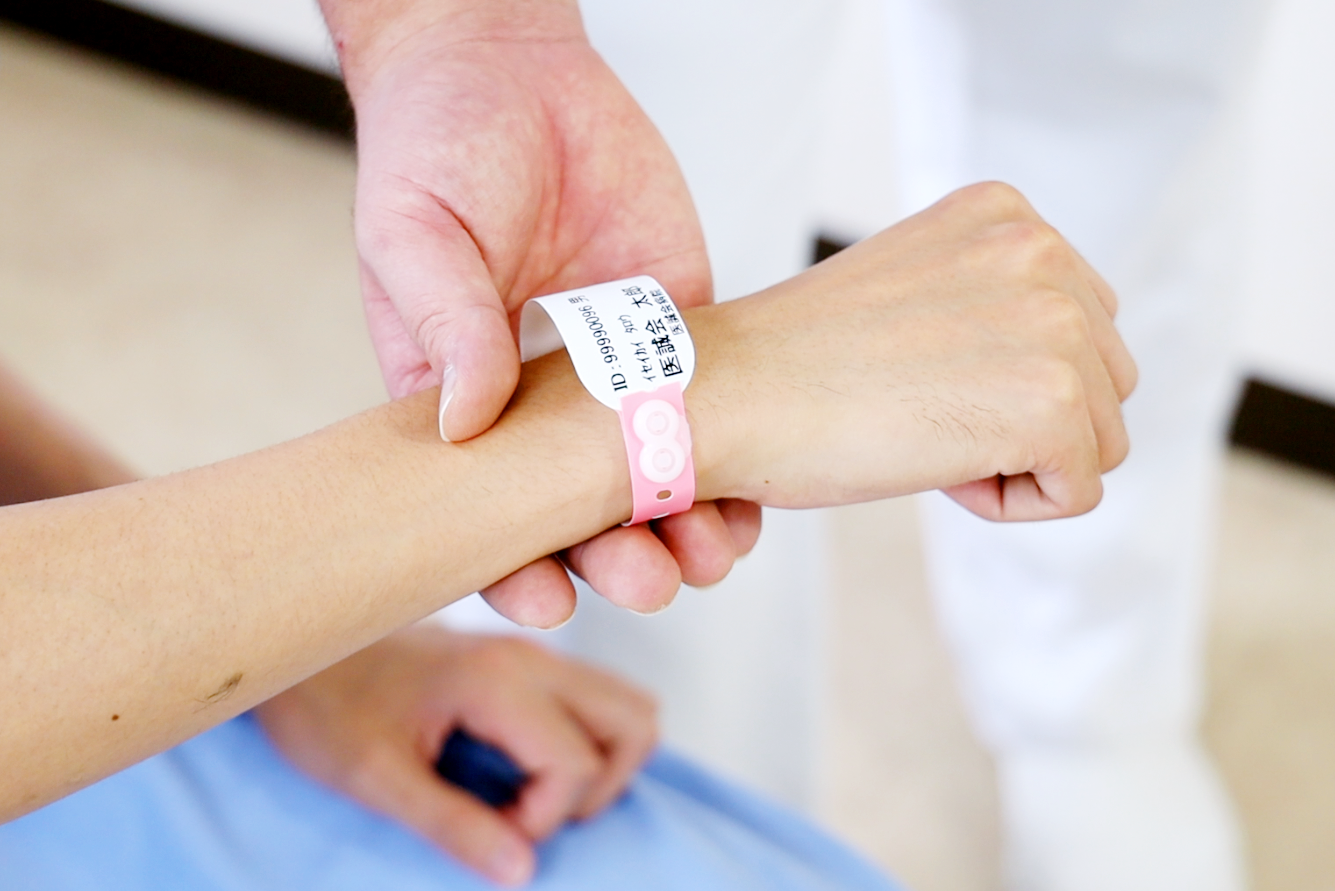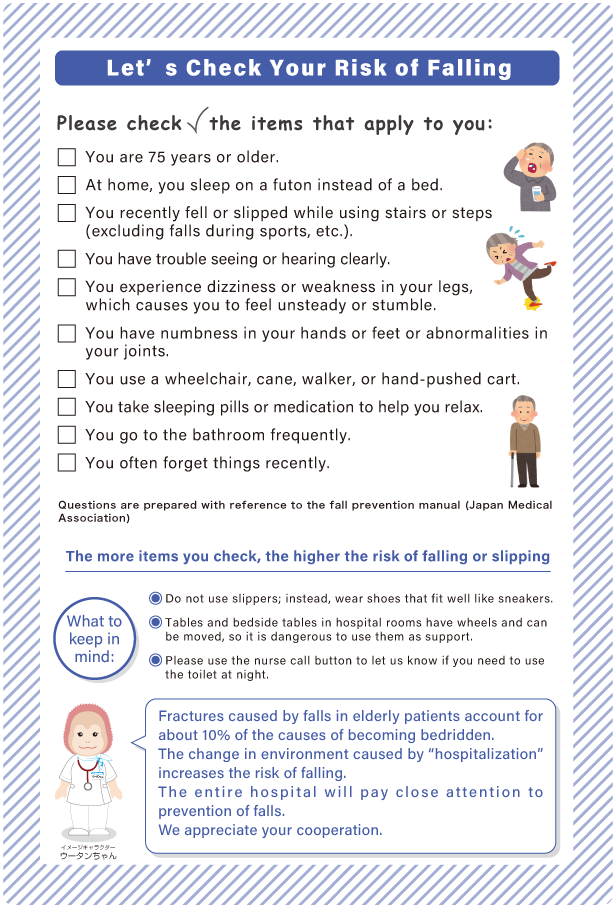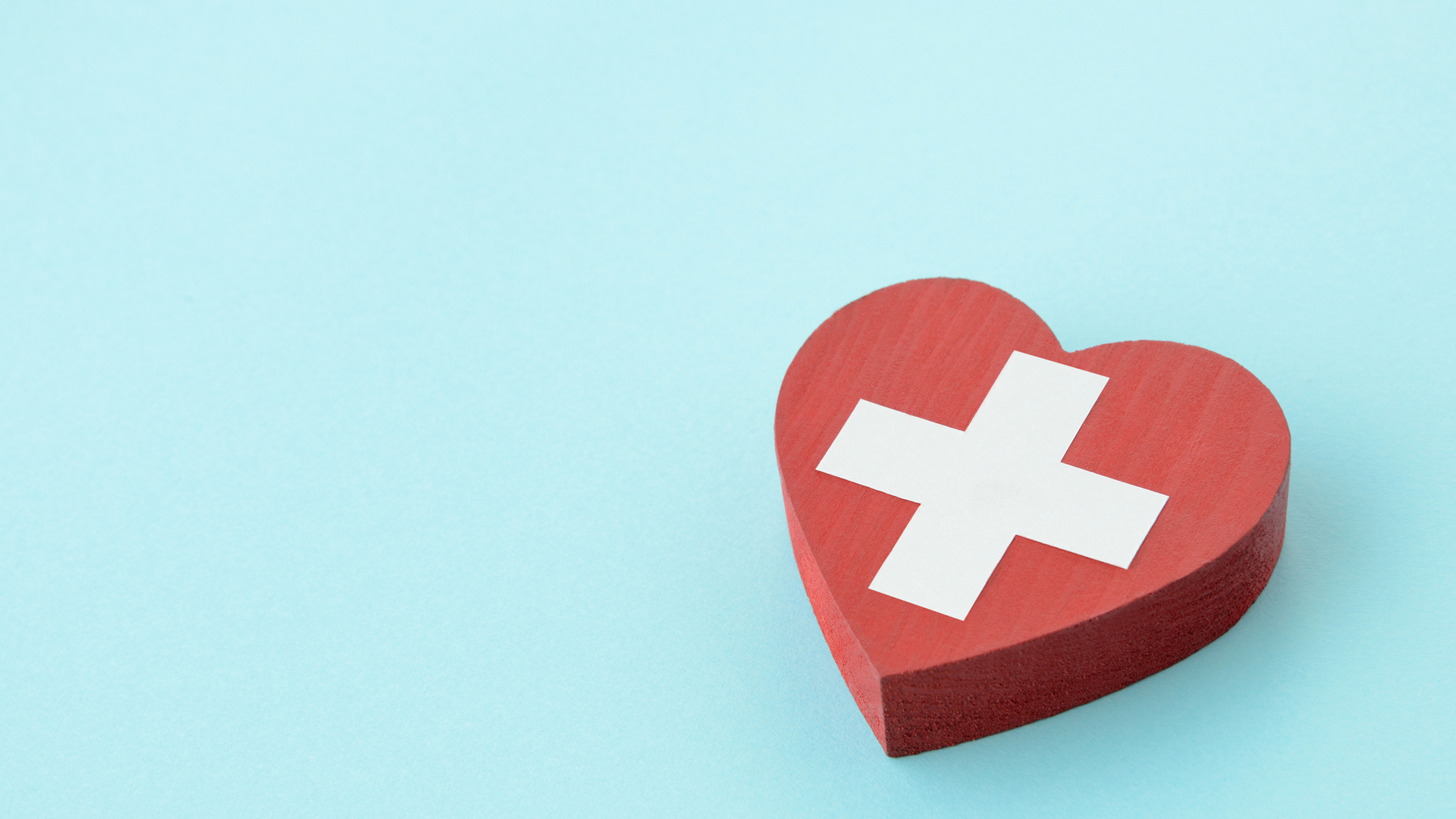To ensure safe and secure medical care
-
1. Health information (allergies, medical history, medication, changes in symptoms)
- We request you to share any past illnesses you've had, your allergy history, and the medications you are currently taking.
- We will also review your medication record, so please have that information ready when you visit the hospital.
-
2. Name band
During your hospital stay, we request you to wear a “Name band” displaying your name and ID number. This important measure allows us to verify your identity before you receive any IV treatments or undergo examinations. We appreciate your cooperation and understanding in this process.

-
3. Medications, injections, IVs, examinations, etc.
- Please take note of the medication name, the dosage (including when and how many tablets to take), and its potential effects. If you notice any changes in your physical condition or symptoms related to the medication, inform the nurse immediately.
- If you're uncertain about anything or feel that something might be wrong, please do not hesitate to reach out to us immediately.
-
4. Infection prevention
For everyone's safety, we request you to wear a mask in the hospital to help prevent the spread of COVID-19.
- If you are experiencing any respiratory symptoms, such as coughing, sneezing, or a runny nose, please ensure you are wearing a mask as well.
- Additionally, we encourage you to wash your hands thoroughly to minimize the risk of infection. Please use running water and the provided alcohol hand sanitizer when entering and leaving your room to uphold proper hand hygiene.
- Lastly, we ask that you refrain from bringing fresh flowers into the facility, as they can create a breeding ground for bacteria.
-
5. Suggestion box
We have installed a suggestion box for your convenience. If you have any comments or feedback regarding our hospital, please don't hesitate to share your thoughts with us. We value your input and will strive to incorporate your suggestions into our future operations as much as possible.
-
6. Unavoidable accidents (aspiration, falls, complications, etc.)
Aspiration of food and other items, resulting in pneumonia, head trauma from falls—whether while walking or from falling out of bed, fractures, and deep vein thrombosis and embolism—are common accidents that can occur in everyday life and cannot be entirely prevented, even in a hospital setting. At our hospital, we strive to prevent and manage these conditions to the best of our ability. However, during hospitalization, when patients' physical strength may be diminished, these situations can quickly become serious and potentially life-threatening.

